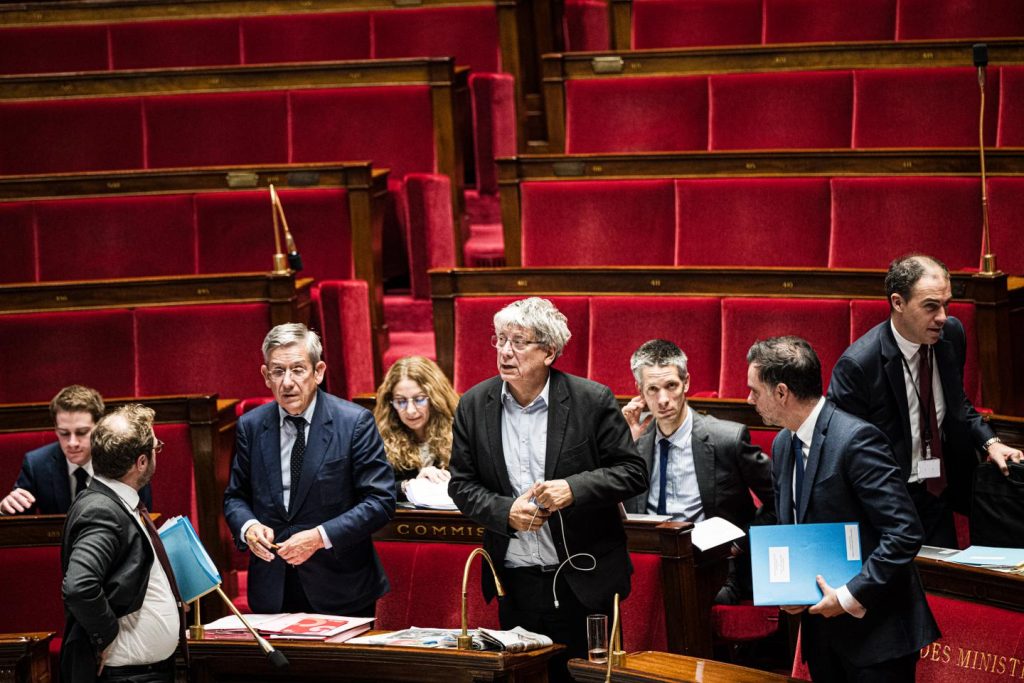The debate over the 2025 budget is causing concern due to the posturing, electoral calculations, and ego battles that are taking place. The government’s ability to address the deficits and increasing debt is being called into question. The past week has seen a flurry of more or less fanciful tax proposals, a divided central block, and a game of deception surrounding the issue of pensions. The debate revolves around two main issues: the desire to repeal the 2023 reform and the tension over a possible freeze on pensions for the first six months of 2025. It is clear that our intergenerational solidarity system is unsustainable, but there is a strong resistance to making changes.
With the temporary delinking of pensions from inflation, the government has finally found an absolute majority… against it. Members of parliament rejected one of the main cost-saving measures in the budget proposal. During the legislative elections, the refusal to freeze pensions was the only common point among all programs. The reason for this unanimity is simple: retirees make up one-third of registered voters but make up half of the voters. This exemplary civic commitment gives retirees a real totem of immunity. Political leaders are reluctant to challenge the interests of this electorate, especially with new elections looming and the possibility of dissolution starting from July 2025. However, the increasing cost of pensions is not sustainable in the long run due to demographic changes.
The demographic shift, with fewer contributors and more pensioners, is placing an increasing burden on workers and public finances. In the early 1980s, France spent 7% of its GDP on pensions. Forty years later, this proportion has doubled. Contributions, which used to average 15% of salaries, now represent nearly 30%. Additionally, the government has had to rely on debt to balance the pension systems. According to former director general of taxes Jean-Pascal Beaufret, pension financing accounts for half of the French debt accumulated since 2017, as only two-thirds of expenses are covered by contributions. This situation is not sustainable, and changes will be necessary to address the imbalance.
Despite the challenges and the need for reform, political parties are hesitant to take action due to the significant voting power of retirees. Tackling the interests of this electorate is seen as political suicide. However, the current situation is unsustainable in the long term, as the increasing burden of pensions on public finances is becoming more pronounced. The debate on the 2025 budget reflects these underlying issues, with various proposals and calculations being made without a clear path forward. It is crucial for the government to address these challenges and make the necessary changes to ensure the sustainability of the pension system and public finances in the long term.


